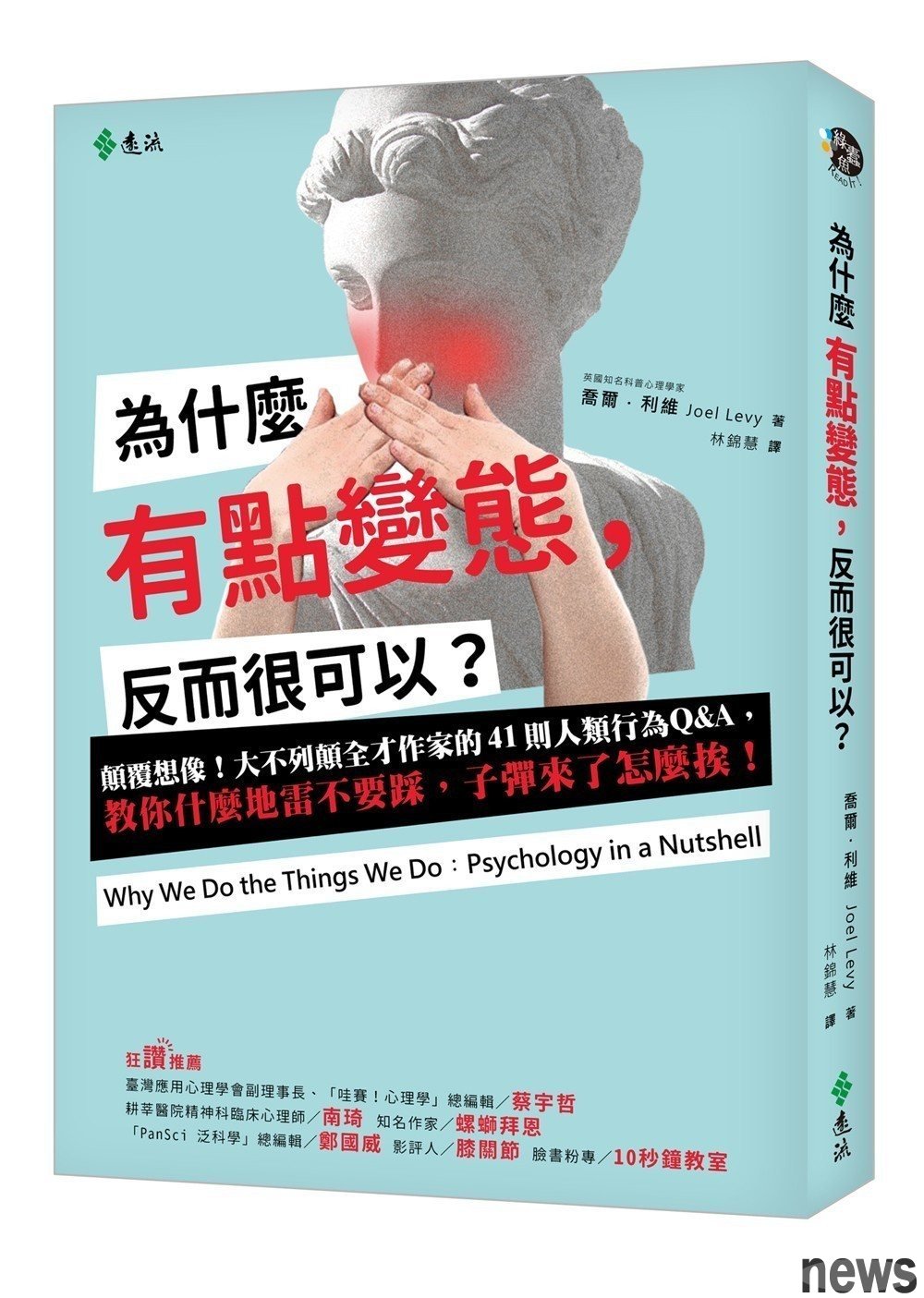Why do you become so big if you don’t watch horror movies when you’re together?
The popularity of a scary movie is always high, which creates a psychological contradiction: why is the more terrifying the movie, the more people like it?
Other popular horror entertainments include haunted house show, horror stories (animation albums), and the thrilling cloud flying car. These entertainments provide a diverse experience, some are accumulated step by step, and some are sudden and unpredictable surprises. These shocking, exciting, and even sensational feelings are diverse, so it may not be possible to use a simple answer to explain why people like horror movies. For example, if you only lock in the bloody films of horror movies, and eliminate those works that create psychological horror, you will be in trouble. However, there are obviously some common phenomena and functions in it. Is there any way to explain it in psychology?
{9 For example, a Western movie viewer may not be able to understand Korean comedy because there are a lot of different social and cultural metaphors, but he can understand and respond to Korean horror movies with little effort. From this common fear culture, we can probably see the evolutionary origin of the natural emotional reaction.In 2010, Nobuo Masataka, a psychologist at Kyoto University, conducted a study to prove the so-called "ready learning first". Research shows that children from urban origin and only three years old can see the snake on the screen at a glance, and the speed is much faster than seeing the flowers from the screen; if the snake is about to attack, the child will react faster.
This avoidance reaction originated from evolution is easy to understand, and this is a primitive fear of "snatching". Other common terrorist reactions; such as fear of infection, fear of personal violation, and probably also have the same clean and easy-to-understand evolutionary origins. In 2004, Hank Davis and Andrea Javor of the University of Guelph in Canada asked researchers to score forty horror movies based on three kinds of horrors (punishment, disease infection, and personal violation). It was found that box office results were strongly related to the scores. In other words, the movie that has become the most eye-catching box office, which is indeed the most primitive fear of people, which is what Davis said: "(These fears come from) the cognitive mechanism that people have evolved."
The second-hand terror experience satisfies the temptation of the original idThe above statement may explain why horror movies are so scary, but they cannot explain why people like this uncomfortable physical experience. At this time, Freud, the father of modern psychology, is to come out. He once published a profoundly influential "The Uncanny, 1919", which has since set off a profound tradition of various phenomena from the perspective of spiritual motivation; that is, the theory of spiritual motivation in psychology is derived from the psychoanalysis method of Freud, Rong Ge and others (see page 60). From Freud's traditional science, horror movies offer a second-hand (but safe) experience of exploring the id, and sing a long-buried love and long-stopped desire. From the perspective of Rongge's academic, the attraction of horror stories lies in the fact that they can communicate with the prototype; the so-called prototype refers to the most primitive cultural template, deeply imprinted in the collective consciousness of the people, and can touch the deep emotional coexistence of the heart.
However, the psychology community regards Freud and Rongge's theory as philosophy, rather than verifiable scientific hypothesis. Modern explanations of the appeal of horror movies also include Dolf Zillmann, the theory of rejuvenation proposed in the 1970s. He pointed out that when the horror movie ended, the audience would feel good when the tight stings and good people won, and this is a modern version of the concept of "catharsis" in ancient Greek. However, the most obvious flaw in this theory is that many horror movies do not have a happy ending.
There is another theory that horror movies have a function similar to dreaming: it is a virtual reality practice to help deal with the critical situation of real life. Pre-experience in the virtual world allows us to prepare first to face the crisis in the real world.

In 1986, Chilman, Norbert Mundorf and others published a study pointing out that when male college students watch horror movies, if female college students show distress and suffering, male college students will watch more; and if male college students' male companions remain calm and tolerant, female college students will watch more. A classic study in the 1960s also proved that if a man meets a young woman in a stubborn hanging bridge or other situations that are prone to fear, the attraction that the man exudes will overcome the situation when he meets a woman on a stable ground; this means that once the high-rise emotions are aroused (i.e. the physiological situation of the surging kidney glands) and are transferred to other feelings or sexual attraction, this kind of "error-causing effect" will occur.
 In addition, couples may have similar situations when they go to horror movies when they are in love, which is what is called "snuggling effect".. Even if you watch virtual movies in a safe and controllable environment, when the horror movie arouses high reaction, it may cause people to have "post-conception", which means that the audience can clearly perceive their fears and fears, and use this as joy (because there will be no real danger).
In addition, couples may have similar situations when they go to horror movies when they are in love, which is what is called "snuggling effect".. Even if you watch virtual movies in a safe and controllable environment, when the horror movie arouses high reaction, it may cause people to have "post-conception", which means that the audience can clearly perceive their fears and fears, and use this as joy (because there will be no real danger).
"Prepared Learning" translation: prepared learning refers to the adaptive ability in evolution. In order to survive, organisms learn certain abilities faster. For example, fear of snakes and advanced abilities are abilities that are easy to learn for survival.















